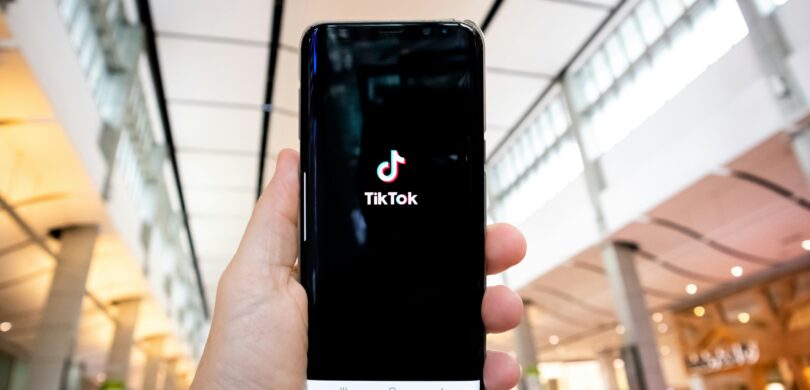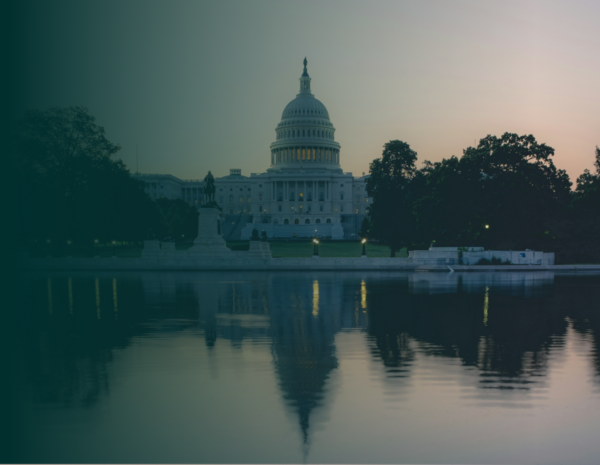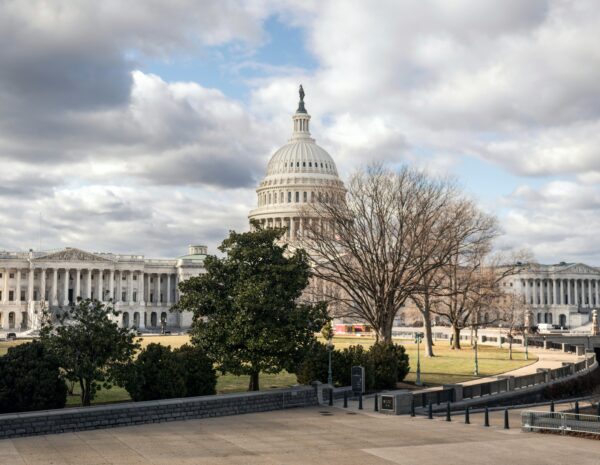Is a TikTok ban imminent? While TikTok’s virality may still feel novel, official U.S. concern over the app surfaced almost five years ago. On March 13, the House passed HR. 7521. The bill now heads to the Senate with many more eyes tracking its progress.
The federal legislative process has always been opaque, and therefore difficult for ordinary citizens to follow and connect with. This is, after all, a driving force behind the creation of Plural as a source of open public policy data. The journey from an idea to an enacted law is far more complex than Schoolhouse Rock made it seem. This legislative process can often take years. The ongoing congressional battle over TikTok encapsulates this halting, confusing path. The recent passage of H.R. 7521 out of the House took many by surprise and has users of the app wondering how we got here.
While TikTok’s virality may still feel novel, official U.S. concern over the app surfaced almost five years ago. At that time, the FBI and military leaders cited national security risks related to the app. ByteDance, the company that develops and owns TikTok, has a close relationship with the Chinese government. The Trump administration then pressured TikTok to agree to host all of its U.S. user data under Oracle’s infrastructure.
Despite this move to protect user data, lawmakers were still eager to act on TikTok. Beginning in 2022, we saw a wave of state legislation aimed at banning TikTok. Most of these bills, like Texas’ SB 1893, sought to ban the use of TikTok by government officials and on government devices. The Biden administration followed a similar path by banning the use of TikTok on federal devices. Montana’s SB 419, enacted in May 2023, went a step further. The new law banned the use of TikTok by anyone in Montana. A federal judge later blocked this ban before it went into effect.
After years of debate, Congress wanted to go further. After being introduced on March 5, the House of Representatives overwhelmingly passed HR. 7521, the Protecting Americans from Foreign Adversary Controlled Applications Act, on March 13. The bill now heads to the Senate with many more eyes tracking its progress.
What would H.R. 7521 do?
H.R. 7521 would prohibit companies from providing distribution or hosting services to “foreign adversary-controlled applications.” This would force companies like Apple and Google to remove TikTok from their app stores. It would also prevent internet service providers from supporting access to the application. The bill narrowly defines “foreign adversary-controlled applications” to apply to TikTok. However, it does provide an avenue for other applications to be banned in this way.
The bill doesn’t include penalties for individual users of TikTok, and it wouldn’t remove TikTok from anyone’s phone. But, without web hosting services or the support of app distributors like Apple and Google, the application would quickly become buggy and unusable.
The bill also provides an exemption for certain action taken by ByteDance. If ByteDance divests from TikTok within 165 days of enactment, application support would not be banned. In short, the bill gives ByteDance 165 days to sell TikTok, or be banned from the U.S.
So – Is a TikTok Ban Imminent?
H.R. 7521 passed out of the House by a wide margin and President Biden has signaled he will sign it if it reaches his desk. However, there are still many barriers between where we stand on March 15th and a TikTok ban.
First, the House vote caught many by surprise, in part because the bill moved so quickly from introduction to passage. The reaction to the House vote has ensured that any debate on this bill in the Senate will be met with significant attention from all sides. This additional attention may not change any vote, but it will certainly slow down the process.
Second, even if the bill does pass, its divestment exemption provisions pave the way for TikTok to stay usable in the U.S., as long as ByteDance is willing to sell the application. A sale could be complicated by a lack of willingness to sell from ByteDance or anti-trust concerns here in the U.S.
Finally, even if the bill does successfully pass, its enactment would be swiftly followed by litigation from ByteDance and others. ByteDance has hinted that they would continue their fight in the courts if H.R. 7521 passes. The American Civil Liberties Union is also organizing opposition to H.R. 7521. It would likely support legal challenges to the law, among many other groups.
Taken together, these obstacles will slow the momentum of this past week. While a TikTok ban might feel imminent, it’s unlikely that any enforcement of the bill, if passed, would begin before the end of 2024. There remain many hurdles to pass before H.R. 7521 becomes law.
Get Started With Plural
Plural is the legislative tracking tool of choice for policy teams looking to gain greater insights into the policies that matter. With Plural, you’ll:
- Access superior public policy data
- Be the first to know about new bills and changes in bill status
- Streamline your day with seamless organization features
- Harness the power of time-saving AI tools to gain insights into individual bills and the entire legislative landscape
- Keep everyone on the same page with internal collaboration and external reporting all in one place
Create a free account or book a demo today!



